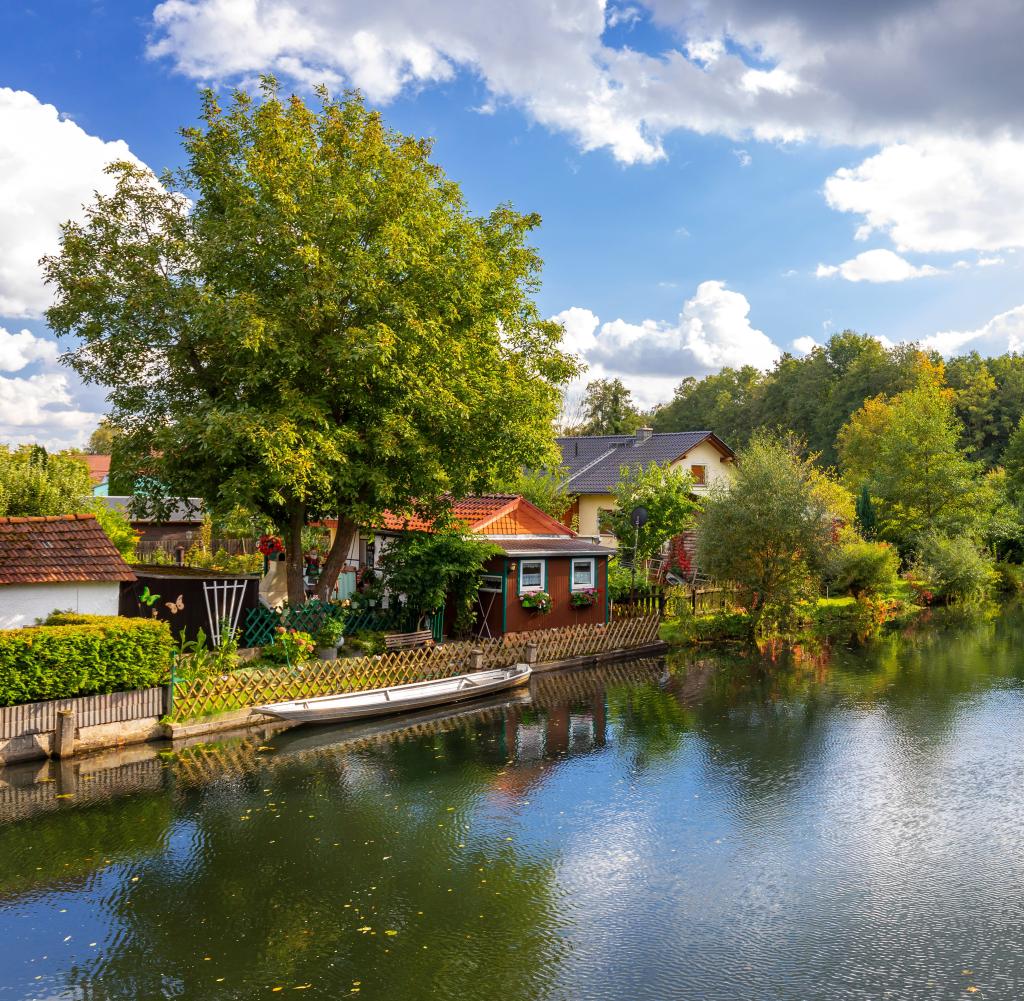ZAt the end of this week, the CDU party leadership wanted to get out of the constant crisis mode and finally score points again with content. Two days after CDU chairman Friedrich Merz’s appearance on WELT TALK and his controversial statements about dental care for rejected asylum seekers. Two days after the head of the CDU Basic Values Commission, Andreas Rödder, quit. After criticism of his statements about possible cooperation with the AfD.
And four days after the Thuringian regional association caused a stir with a legislative initiative against gender because – as was the case shortly before in the case of the reduction in real estate transfer tax – it only has a chance of implementation with the AfD. The presentation of the “Active Pension” was on the program in the Konrad-Adenauer-Haus on Friday, the plan that will allow pensioners to earn up to 2,000 euros a month tax-free in the future.
Possibly a good idea to address several problems such as labor shortages and tight pensions and to create a smooth transition from working life to retirement. But it just doesn’t work, the CDU remains in crisis mode.
The party cannot get rid of the AfD issue and the challenge of dealing with right-wing extremists. On the contrary, the AfD is also becoming a problem for the Christian Democrats in the west of the republic. General Secretary Carsten Linnemann had barely presented the details of the “active pension” alongside North Rhine-Westphalia’s Social Minister Karl-Josef Laumann and the renowned Augsburg tax lawyer Gregor Kirchhof when the news broke that Bremen CDU state leader Carsten Meyer-Heder had resigned. That he had to leave because he didn’t want to rule out cooperation with the AfD. Like the Thuringian CDU. Like many local and district associations of the Christian Democrats in the East, which have already voted with the AfD on individual projects.
Meyer-Heder had spoken out in favor of working with the AfD in certain cases. He literally told TV magazine “Buten and Binnen”: “If we want to get things moving and we agree with the AfD, why not?”
Shocked by the CDU state leader’s statement
And that in left-liberal Bremen. As head of a regional association, which many Christian Democrats nationwide had mockingly accused of having a “cargo bike” agenda during the election campaign for citizenship in May. Too green, too left-wing, not enough Christian-conservative. And all of this in a week in which the CDU is under close scrutiny after the above-mentioned events regarding the AfD and critics are alternately calling for the crumbling and the Merz team for maintaining the infamous firewall.
Meyer-Heder said in the TV interview that he was “more afraid of the left-wing members of Bremen’s citizens than of some people in the AfD.” That pretty much reflects the mood that is widespread in the CDU Thuringia, which is currently being heavily criticized for its dealings with the AfD. It wasn’t just the Bremen Social Democrats who were horrified by the CDU state leader Meyer-Heder’s statements and said so publicly. There were also leading Christian Democrats in the Hanseatic city. And said it internally.
“Now the outrage over Merz seems much more excessive than necessary”
CDU leader Friedrich Merz fuels the asylum debate with the sentence “They sit at the doctor and have their teeth changed – and German citizens don’t get any appointments.” “It’s not entirely wrong what he says, it’s just difficult in the extreme,” comments WELT chief reporter Anna Schneider.
Source: WELT/ Anna Schneider
After a short meeting on Friday morning, it was agreed that the head of the country would have to resign from his position. “It was a mutual decision,” said a member of the CDU parliamentary group leadership in the community. Meyer-Heder explained that he made statements about the AfD in the interview “that created a completely different effect on the public than I intended.” “I have never been and am not suspected of being close to the AfD. In this respect, I very much regret that my statements were understood in this way.”
That didn’t help in the end either. “This understanding is obviously about more than just accepting it if the AfD votes for our proposals. It’s about cooperation,” said a member of the parliamentary group leadership. “This is completely unacceptable to us.”
“The problem will catch up with them there too”
The Bremen CDU leader’s statement had immediate consequences, including his resignation. Nevertheless, Federal Chairman Friedrich Merz still has to worry about whether the much-cited firewall will hold. On the one hand, there are always new cases in which Christian Democrats question the party’s so-called incompatibility decision, i.e. the decision not to work with the AfD – and the Left Party – or interpret it increasingly broadly. On the other hand, the AfD is now also growing significantly in the West. And with it the temptation to seek majorities for political projects with the AfD on a case-by-case basis at the regional level.
“In general, I don’t believe that the AfD is a purely Eastern problem. We were only confronted with this earlier here in the East because the party landscape here is not as tightly knit as in the West,” says the General Secretary of the CDU Brandenburg, Gordon Hoffmann, WELT. “I wouldn’t wish this on my colleagues there, but I’m afraid the problem will catch up with them there too.”
Nationwide, the AfD now has more than 20 percent in election surveys. In eastern Germany, sentiment levels are significantly higher, and in almost all federal states there (excluding Berlin) they are above the 30 percent mark. But according to the surveys, the AfD now reaches 18 percent in North Rhine-Westphalia, 20 percent in Baden-Württemberg and even 23 percent in Saarland.
The north, especially the Hanseatic cities of Hamburg and Bremen, have so far been difficult terrain for the AfD with very manageable support. In Bremen, however, the strengthening of the Citizens in Anger party showed in the last election campaign that there is potential for a right-wing conservative party there too. She won 9.4 percent of the vote there in the state election. The AfD was not admitted to the election due to internal party disputes.
In the CDU in the Hanseatic city you can certainly feel the pressure that arises from the competition in the bourgeois camp. However, according to the majority of the CDU leadership, the answer that the previous state leader Meyer-Heder wanted to give, namely to cooperate with the AfD, was the wrong one.




